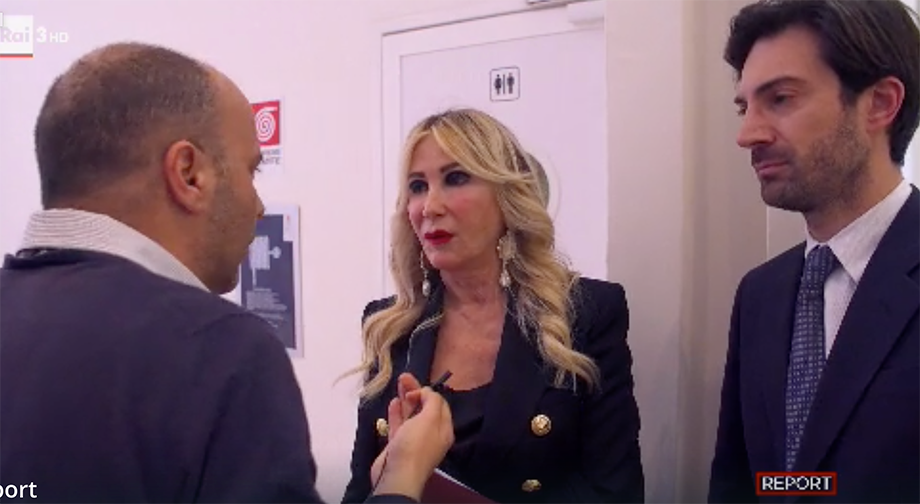Italy’s health minister has announced registries for breast implants and orthopedic devices after the Implant Files exposed flaws in the country’s regulatory system.
The announcement came a few weeks after journalists with the TV show Report and l’Espresso magazine, partners of the International Consortium of Investigative Journalists, confronted the ministry’s medical device unit director about a device tracking and surveillance system that had never been put in place despite a 2012 decree.
“Regional [governments] do have the tools to evaluate whether a device is effective and safe,” Minister Giulia Grillo told local media at a press event in Rome, on March 22. Grillo said the registries and proposed measures would also help make healthcare more cost-effective.
The new registries are part of what the ministry calls a renewed “governance plan” for medical devices that started in November 2018, Italian media reported, after the ICIJ-led Implant Files investigation.
ICIJ’s Italian partners exposed doctors with conflicts of interest, company-sponsored studies, a lack of data on adverse events, and an inadequate surveillance system for medical devices.
In the proposal, the ministry says it has been paying particular attention to implantable devices, such as breast implants because they carry a higher risk for patients.
About 35,000 women undergo breast implant surgery each year in Italy but, at present, officials aren’t able to track these patients, according to experts interviewed by Report.
If the ministry wanted to identify patients that received a faulty product, it would have to send officers to every clinic in the country to personally check patients’ charts one by one, doctor Paolo Santanchè, a plastic surgeon, told the reporters.
After an initial voluntary phase, the new registry will require breast implant distributors to report details of products sold. Medical professionals will have to report “important clinical information.”
The Netherlands is the only other country in the world where a breast implant registry is mandatory. In the U.S. and other countries, participation remains voluntary. Since the Implant Files was published in November, Germany, and Britain have also announced they are considering medical implant registries.
… and now the Italians 👇(h/t @shirafu)https://t.co/GVOcw4dXUz
To recap: that’s 🇳🇱🇬🇧🇩🇪 & 🇮🇹 all considering mandatory registers of medical implants in response to @ICIJorg‘s #ImplantFiles.
Will others follow? 🇫🇷@agnesbuzyn? 🇪🇸@sanidadgob? pic.twitter.com/ixr6BVrApJ— Simon Bowers (@sbowers00) March 25, 2019
Similarly, the proposed new registry for orthopedic devices aims to create a national tracking system which would help identify patients in case of adverse events.
The Italian government also hopes the new rules will help curb overtreatment and, subsequently, an unnecessary financial burden for the national health system.
On March 25, the TV show Report also revealed how, in recent years, surgeons in some of Rome’s biggest hospitals allegedly falsified bills in order to be reimbursed for more expensive products than those actually implanted.
The reporters also uncovered how some medical representatives paid orthopedic doctors with trips to Cuba or season football tickets.
After the episode was aired, the regional health authority released a statement saying it has been investigating the facts and possible fraud allegations.







